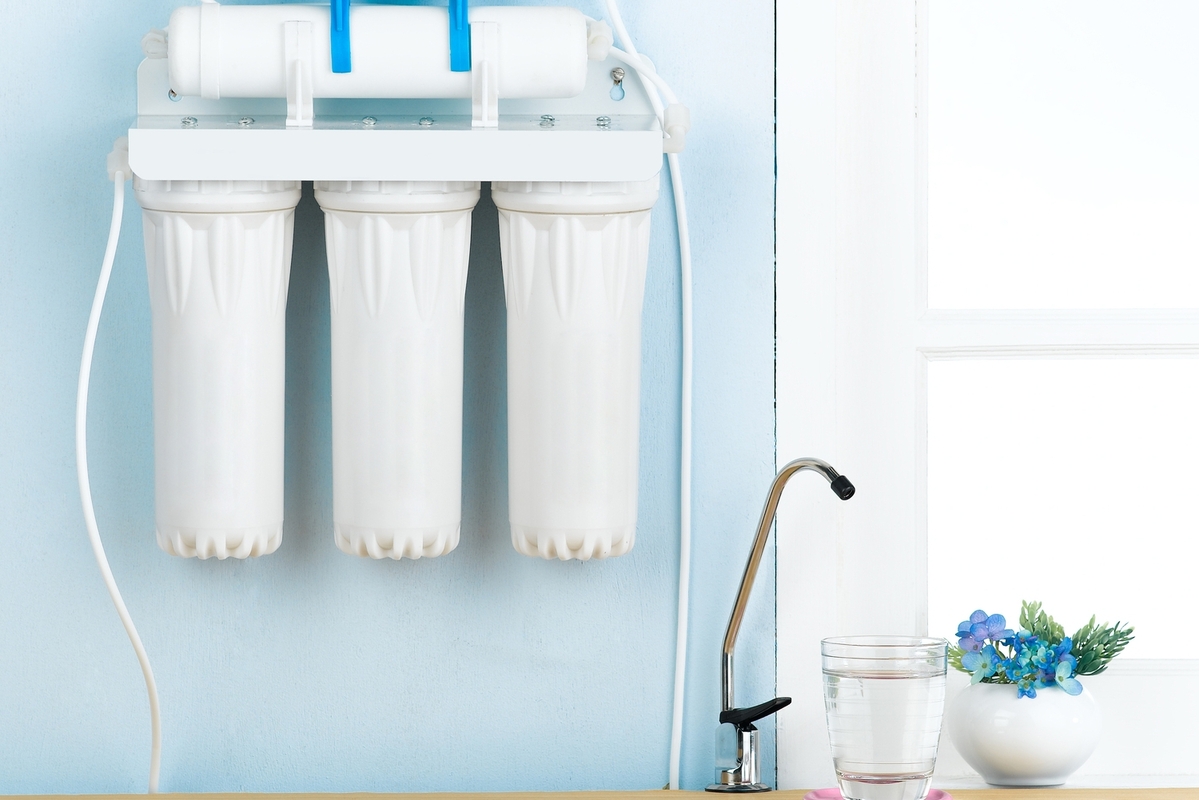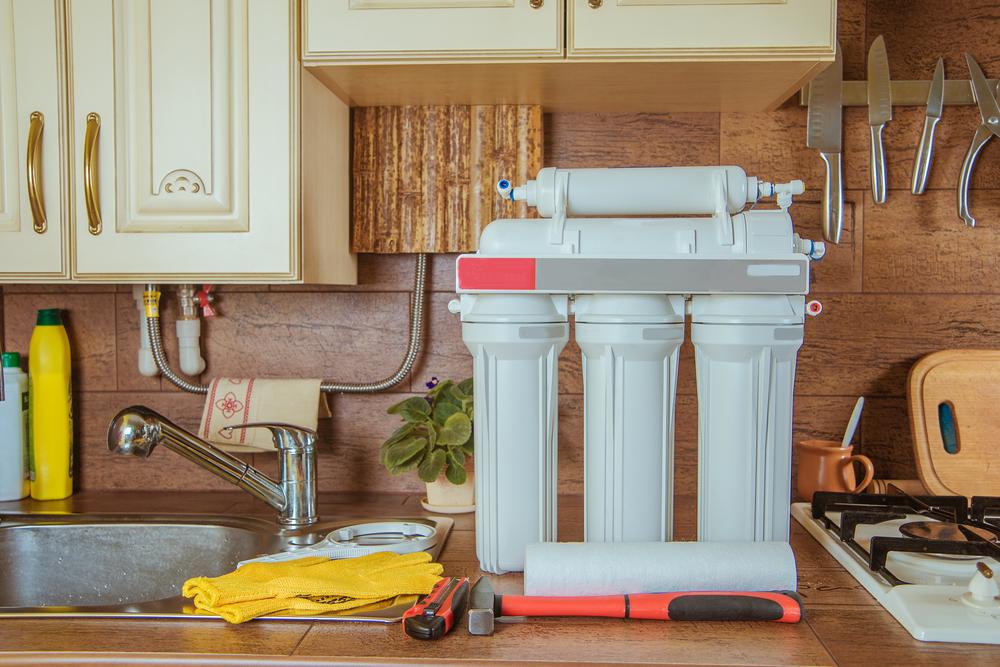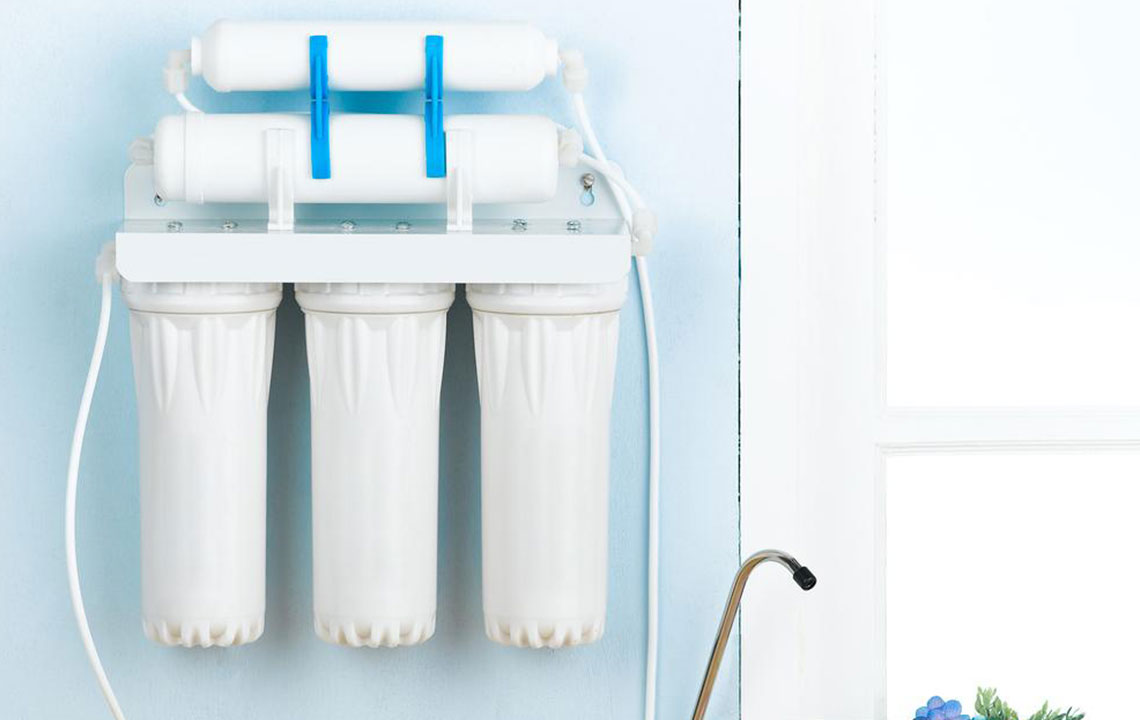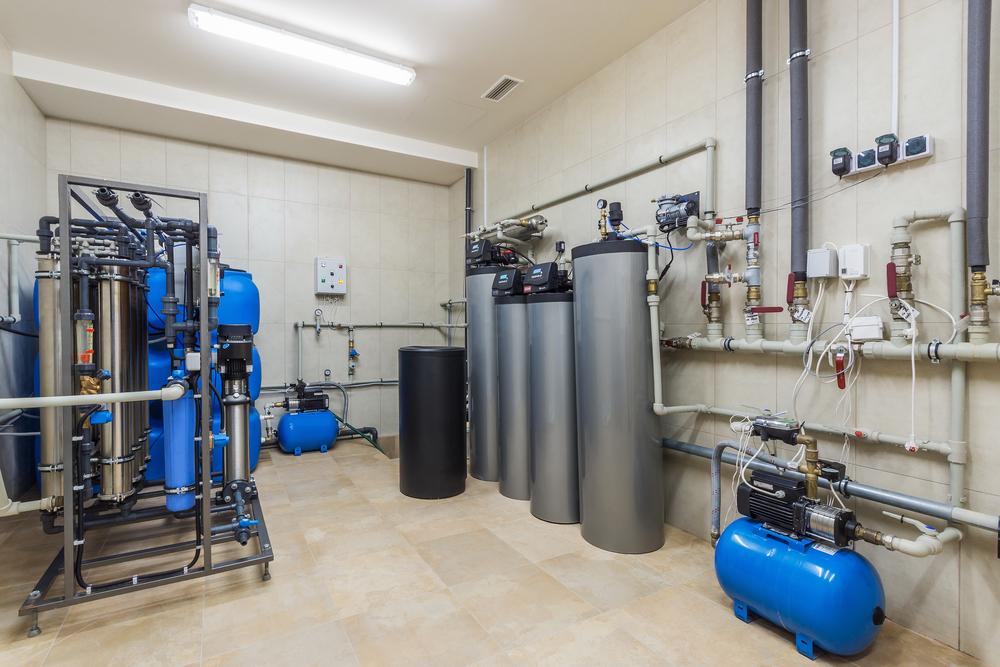Comprehensive Guide to Water Purification Costs and Types
This comprehensive guide details the costs of setting up various water filtration systems, from point-of-use devices to whole-house setups and portable options. It covers initial investment, installation, and maintenance expenses, helping homeowners and businesses make informed decisions. Factors influencing costs include system type, water quality, and brand features. Testing your water ensures you choose the most effective and economical filtration solution for safe drinking water. Whether for individual use or entire properties, understanding these options supports better health and water quality management.

Understanding Water Filtration Expenses: A Detailed Overview
Access to clean, safe drinking water is vital for homes, businesses, and industries. As concerns over contaminated water grow, many turn to filtration systems. Navigating the costs can be complex due to the wide range of options.
This article outlines the expenses involved with various water purification solutions, covering initial setup, routine maintenance, and long-term investment. We analyze factors affecting costs, compare different system types, and assess their effectiveness to help you make informed choices about water treatment.
Designed for homeowners, business owners, and industry professionals, this guide offers insights into selecting suitable water filtration options.
Varieties and Pricing of Water Filtration Units
Different systems cater to specific contaminants and budgets. Here's an overview of common options:
1. Point-of-Use (POU) Systems
Installed at individual water outlets like kitchen sinks or refrigerators, POU systems are perfect for drinking and cooking water.
Types of POU Solutions:
Activated Carbon Filters: Remove chlorine, odors, sediments, and chemicals.
Reverse Osmosis (RO) Systems: Eliminate lead, arsenic, fluoride, and other dissolved solids.
Price Range:
Activated Carbon: $20 - $200 (countertop/under-sink options)
Reverse Osmosis: $150 - $500 (residential models)
Installation Costs:
Activated Carbon: Often DIY, included with purchase.
RO Systems: $150 - $300 for professional setup.
Maintenance Costs:
Activated Carbon: Cartridge replacements every 6-12 months, costing $20-$80.
RO Units: Membrane replacements ($50-$150 every 1-3 years); pre-filter replacements ($10-$30 every 6 months).
2. Whole-House Filtration Systems
Set up at the main water inlet, these systems supply filtered water to all outlets in a building. Ideal for extensive purification needs in homes and commercial properties.
Types Include:
Sediment Filters: Capture debris and large particles.
Activated Carbon Units: Reduce chemicals, chlorine, and improve smell throughout the property.
Water Softeners: Remove minerals that cause hard water issues.
UV Sterilizers: Use ultraviolet light to inactivate bacteria and viruses.
Cost Breakdown:
Sediment Filters: $50 - $300
Carbon Filters: $300 - $1,500
Water Softeners: $400 - $2,500
UV Systems: $200 - $1,000
Installation Fees:
Sediment Filters: $200 - $500
Carbon Units: $500 - $1,500
Softener Systems: $500 - $2,000
UV Purifiers: $250 - $800
Maintenance Expenses:
Sediment Cartridges: $50 - $150, replaced biannually.
Carbon Filters: $100 - $300 yearly.
Salt for Softeners: $5 - $10 monthly.
UV Lamp Replacements: $50 - $150 every 1-2 years.
3. Portable Water Filters
Suitable for travel, outdoor activities, or emergency use, these include pitchers, portable bottle filters, and purification tablets.
Price Overview:
Water Pitchers: $15 - $50
Portable Bottle Filters: $25 - $100
Purification Tablets: $5 - $15 per monthly supply
Recurring Costs:
Pitcher Filters: $10 - $20 every 1-3 months.
Bottle Filter Replacements: $15 - $30 every 3-6 months.
Factors such as water quality, system size, technological features, and complexity of installation influence overall costs. Larger setups or higher contamination levels require more advanced, pricier systems. Premium brands with smart features typically cost more but may offer savings over time through efficiency. Professional setup adds to initial costs, while maintenance and filter replacements are ongoing expenses.
Assess your water quality with testing to identify contaminants, enabling tailored choices and cost-effective investments. From simple pitchers to advanced whole-home solutions, select the system that ensures safe, clean water for your needs.
References: EPA Water Standards, Consumer Reports on Water Filters, NSF Certification


